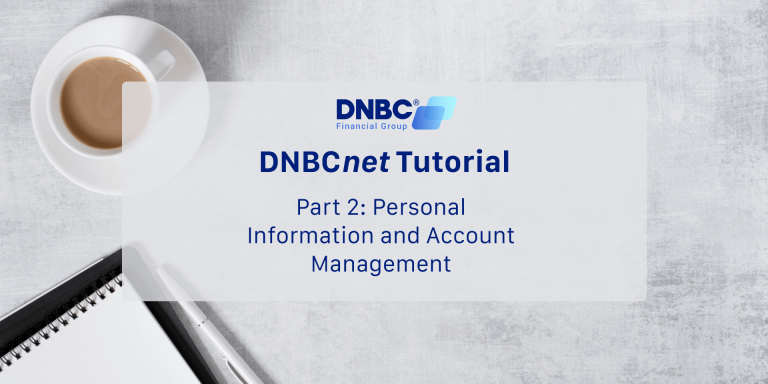When making international money transfers, it’s crucial to have accurate and complete bank details of the recipient. One of the essential components of a bank account number is the Basic Bank Account Number (BBAN).
In this article, we will delve into what a BBAN number is, how to use it, and why it is essential.
What is BBAN Number?
A Basic Bank Account Number (BBAN) is a bank account number that includes the domestic bank code, branch identifier, and account number. It is a unique identifier for a bank account within a specific country.
In some countries, a BBAN is referred to as a local bank code, a national bank code, or a routing code. It is the number that identifies a bank account in a particular country and helps in identifying the bank and its location.
BBAN system is used in conjunction with other numbering systems, such as the International Bank Account Number (IBAN) or the Bank Identifier Code (BIC), to facilitate international money transfers and other financial transactions.
The BBAN has a specific length depending on the country, ranging from eight to thirty alphanumeric characters.
The specific format and structure of BBANs can vary depending on the country and the banking system in use.
For example, in some countries, BBANs may consist of a fixed number of characters, while in others, they may vary in length depending on the specific bank or account.
The BBAN number helps ensure that international transactions are routed to the correct account in the recipient’s bank.
What is BBAN number?
How to Use a BBAN Number?
The BBAN number is used in countries that have not adopted the International Bank Account Number (IBAN) system.
When making international money transfers to a country that uses the BBAN system, the sender needs to provide the recipient’s BBAN number.
The BBAN number should be entered accurately and carefully to ensure the funds are transferred to the correct account.
If there are any errors in the BBAN number, the funds may be sent to the wrong account or may not reach the intended recipient at all.
Why is a BBAN number Important?
The BBAN number is essential for several reasons.
Firstly, it is the unique identifier for a bank account within a particular country.
Secondly, it ensures that international money transfers are routed to the correct account in the recipient’s bank.
Thirdly, it helps to prevent fraud and money laundering by ensuring that only legitimate transactions are processed.
In summary, the BBAN number is an essential component of a bank account number in countries that have not adopted the IBAN system.
It is a unique identifier for a bank account within a specific country and helps to ensure that international money transfers are routed to the correct account in the recipient’s bank.
It is essential to provide accurate and complete BBAN details when making international money transfers to avoid errors and ensure that the funds reach the intended recipient.
DNBC Financial Group is your trusted provider in international money transfer
- Get 100% free 1-on-1 support
- 100% free account opening
- Seamless onboarding process
Or please contact DNBC
Email: [email protected]
Phone Number:
- +65 6572 8885 (Office)
- +1 604 227 7007 (Hotline Canada)
- +65 8442 3474 (WhatsApp)



 DNBC Team
DNBC Team







